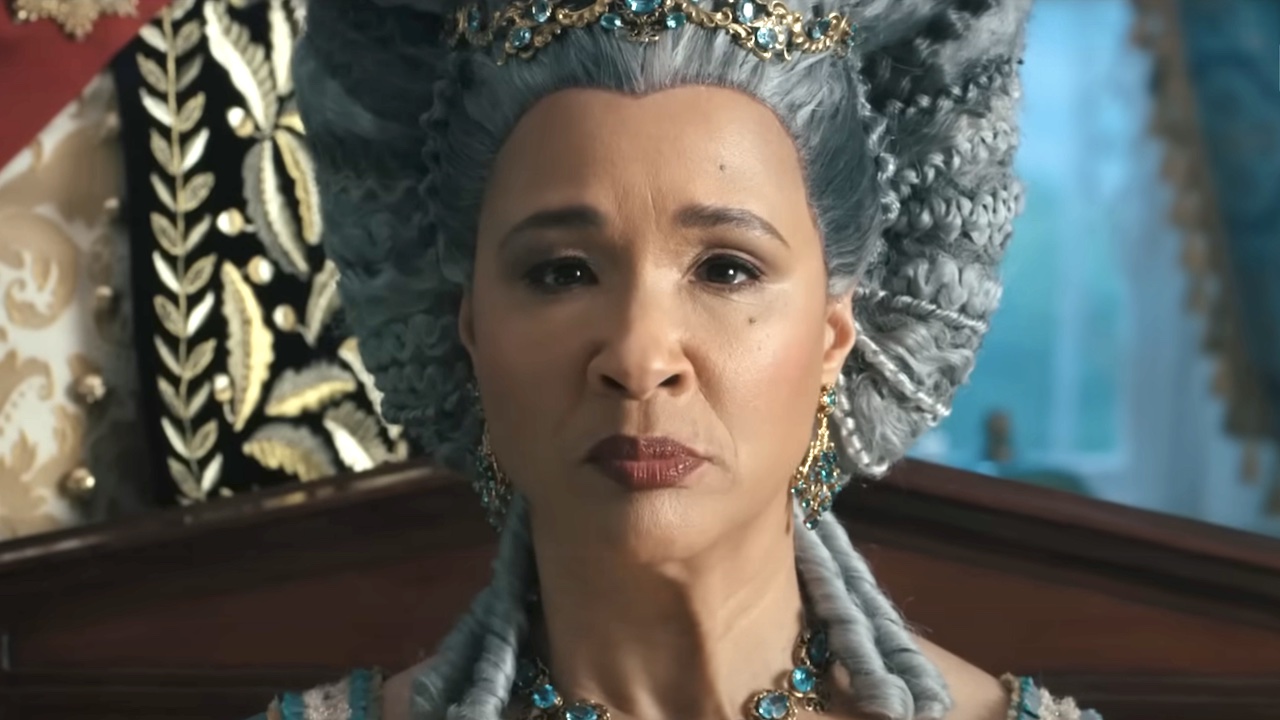There was a lot of potential in Dead Man Down. The film boasts a truly stellar cast of performers who don’t often get all the credit their due; it’s directed by Danish filmmaker Neils Arden Oplev, who made a major impact on the film world in 2009 directing the Swedish adaptation of The Girl With The Dragon Tattoo; and has a story featuring interesting approaches to themes of family, violence and revenge. Unfortunately, the film’s even greater issues ultimately leave it being less than the sum of its parts.
Based on an original screenplay by J.H. Wyman, the story centers on a lonely man named Victor (Colin Farrell), a Hungarian immigrant living a lie. While he pretends to be a low-life criminal working for a crime boss named Alphonse (Terrence Howard), he is, in reality, a man on a mission of revenge. But as he gets closer to his target his plans are interrupted by a neighbor named Beatrice (Noomi Rapace), a woman who has been left badly scarred after surviving in a car accident with a drunk driver. When she witnesses and videotapes Victor committing a murder, she blackmails him and gives him two choices: be arrested, or kill the man responsible for her scars.
Dead Man Down suffers simply by casually tripping over its own feet that make it hard to fully appreciate what the film is trying to do. Alphonse should be a terrifying gangster figure who sends chills down audience’s spines – and Howard does put on a solid performance throughout the film –but the story begins with him being completely shaken by the death of one of his men and a threatening message, immediately weakening the character. Beatrice’s scars are certainly noticeable, but at the end of the day she still looks like Noomi Rapace, making it hard to believe that the neighborhood kids would call her “monster” and throw rocks at her. The movie even has some interesting set pieces featuring run-down docks and abandoned warehouses, but doesn’t lend any specificity to the urban backdrop, an extra flavor it could have used. The faults don’t seem like much individually, but they continue to stack up as the movie runs and eventually devalues everything that’s done correctly.
The film also bizarrely fails to fully utilize its restricted rating. The dialogue meets standards by featuring regular and casual use of swear words, but where it seems to hold back is in the level of violence. Farrell’s Victor is not a cruel man and doesn’t take pleasure in killing, but the film fails to really capitalize on this theme aesthetically. If the lead character is conflicted about violence, then the movie-goers should be conflicted about watching it. Instead all the death is relegated to being typical action-genre material.
Thankfully Farrell and Rapace’s performances anchor the movie and prevent it from ever going too far off the rails. The script does odd things with their respective characters, but both individually and together they keep the audience invested. Playing a man of two personalities, Farrell does an equally good job at both sides of the character, both believable as a tough gangster as well as a lonely shut-in obsessed with what he’s lost. Rapace, meanwhile, who reunites with Arden Oplev for the first time since the Swedish Girl With The Dragon Tattoo, brings a great sympathetic vulnerability to Beatrice that clearly keeps the calm over the bubbling anger inside of her.
Watching Dead Man Down is an experience of highs and lows, as you celebrate the elements the film gets right and shake your head at the things it gets wrong. At its worst the movie is an interesting miss, but it’s a miss all the same. As the American debut for Oplev, it demonstrates that he has great deal of promise. He proves that he can get an impressive performance from a talented actor like Farrell and approach violence and the action genre in a new way. But in retrospect it will probably be seen less as a stepping stone into Hollywood and more of a learning experience for the Danish filmmaker.
Your Daily Blend of Entertainment News

Eric Eisenberg is the Assistant Managing Editor at CinemaBlend. After graduating Boston University and earning a bachelor’s degree in journalism, he took a part-time job as a staff writer for CinemaBlend, and after six months was offered the opportunity to move to Los Angeles and take on a newly created West Coast Editor position. Over a decade later, he's continuing to advance his interests and expertise. In addition to conducting filmmaker interviews and contributing to the news and feature content of the site, Eric also oversees the Movie Reviews section, writes the the weekend box office report (published Sundays), and is the site's resident Stephen King expert. He has two King-related columns.

